Academic Team:-
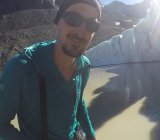 |
Adrian is an Environmental Scientist and Lecturer in Geography. He teaches across the Environmental Science BSc and Environmental Management MSc courses here at Teesside University. His research interests are the Anthropocene in the Arctic, use of satellite thermal imagery and GIS to detect climate change, as well as water quality and Ecology. Adrian’s recent research mainly focuses on how lakes evolve in front of glacier termini as they retreat and respond to climatic events (Arctic heatwaves). He has conducts regular field seasons in the Arctic where he has seen big changes since 2017. Twitter: MrADye1 |
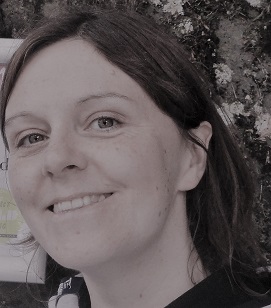 |
Alison is a doctoral researcher working on ocean narrative at Newcastle University, based in English and Creative Writing. She works on creative engagement and research across Teesside University, based at MIMA, Middlesbrough Institute of Modern Art. She has a particular interest in science communication and environmental storytelling. Twitter: alireidoceans
|
 |
My work focuses on how plants, biodiversity and complex ecosystems respond to environmental change. Answering this question is critical to developing: 1) guidance to accelerate ecological recovery and 2) evidence-based policies to protect the environment and human well-being in the context of global change. New evidences in my research chiefly come directly from studying plants, the natural environment and large-scale, long-term ecological systems. Twitter: ambroise_baker |
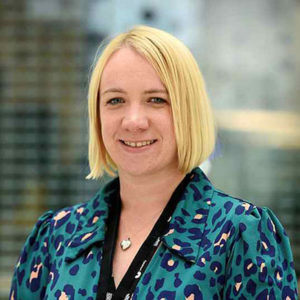 |
Dr Caroline Orr
Caroline is an Associate Professor with a research background which includes the study of microbial communities within agricultural, industrial and archaeological environments. Twitter: CarolineOrrTees |
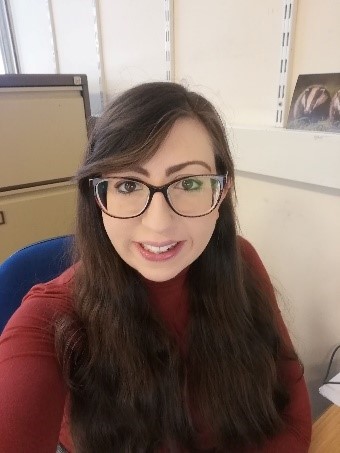 |
Cat is a lecturer in environmental sciences and management, teaching topics such as soil sciences, sustainability, and water resources. Cat’s main research area is focused on peatland biogeochemistry, including understanding the impacts of damaged peatlands on ecology and the environment. More widely, other research interests include freshwater quality, carbon cycling, and soil ecology. Cat has spent many a time pulling footwear out of sphagnum bog pools. Twitter: CPschenyckyj |
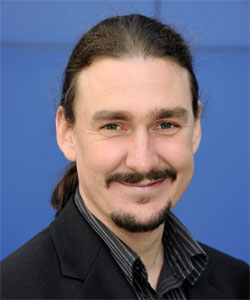 |
Chris has research interests in sustainable technology, especially related to carbon mitigation, utilisation of biochar and environmental protection. |
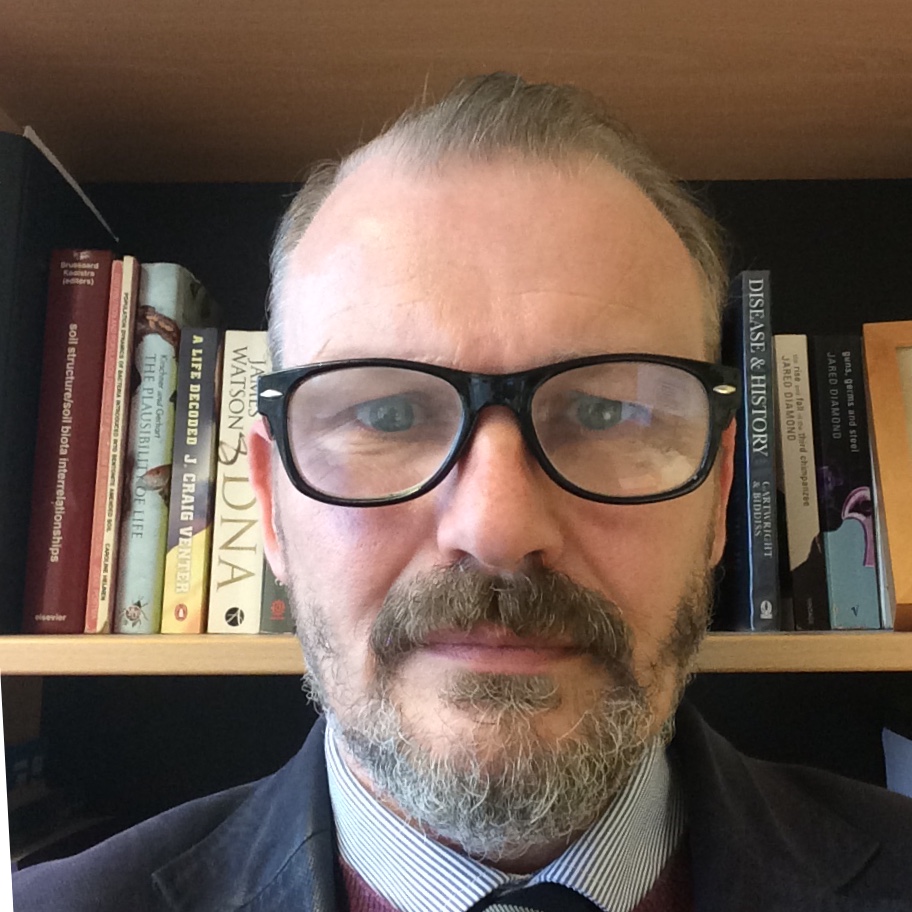 |
David’s research in microbiology focuses on applying an ecological perspective to both medical and environmental projects. He studies how interactions between organisms and their environment can offer insights for improving health-related research as well as addressing environmental challenges. Twitter: VineAndCherry |
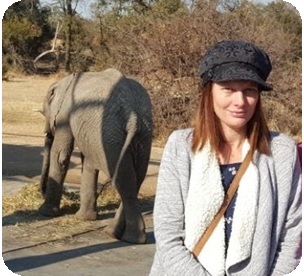 |
Dr Desiré Dalton
Desiré has worked for the past thirteen years as a molecular ecologist, her research focus on the development and application of genetic tools to wildlife conservation management and forensics. |
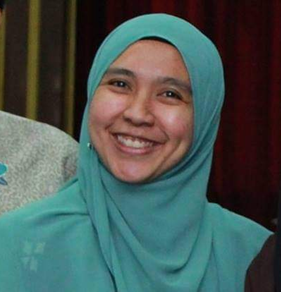 |
Dr Nur Haliza Hassan
Haliza has considerable experience as a Scientific Officer at Forensic DNA Laboratories. Her experience covers various aspects of laboratory examination and analysis relating to Forensic Biology and DNA profiling on biological samples such as bloodstains, seminal stains, hair and bones, which are encountered in the investigation of murder, suspicious deaths, assault, rape and other sexual offences. However, recently, she has been excited to expand her research into plants (specifically orchid species) and Diatoms in Forensic Investigation. |
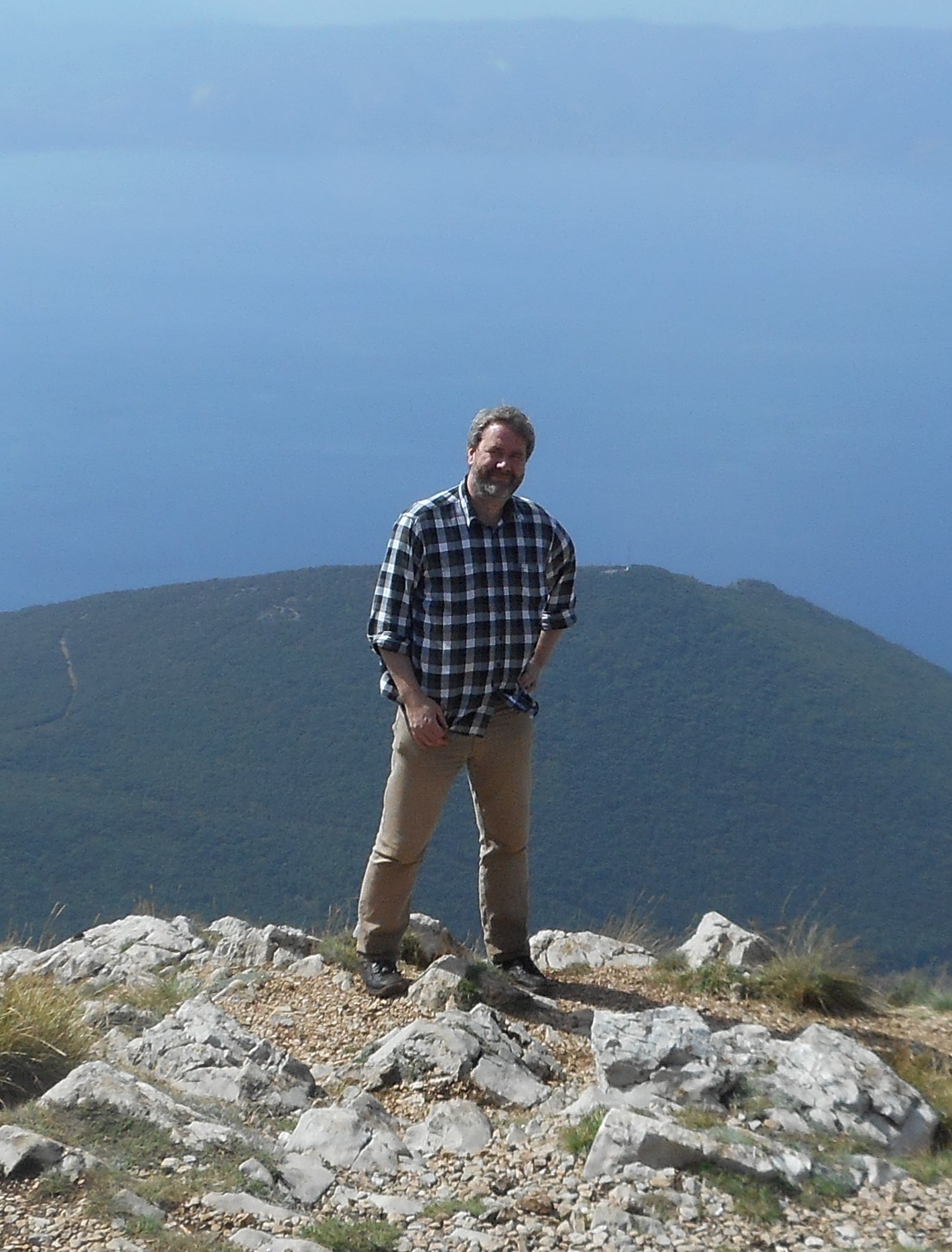 |
Jens is a Senior Lecturer in Geology at Teesside University. |
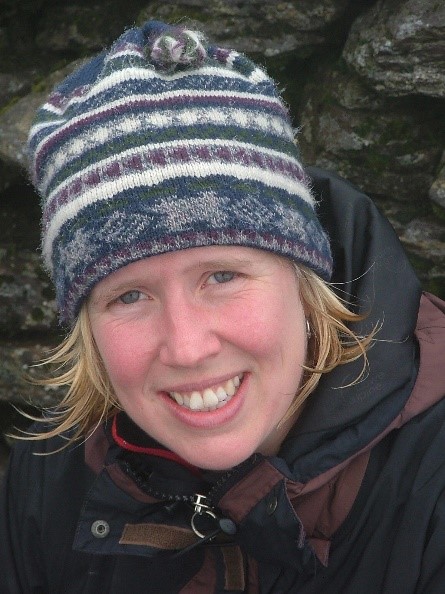 |
Dr Lisa Baldini
Lisa is a stalagmite-based palaeoclimatologist and environmental geochemist. She is particularly interested in using geochemical tracers to constrain human-environmental and human-climate interactions over time, to enhance resilience to future change. Lisa is the principal investigator on the National Geographic Society-funded Western African Palaeoclimate Project, which seeks to reconstruct seasonal rainfall in Africa over thousands of years using cave stalagmites. She also leads a Global Challenges Research funded project to understand climate change impacts on Maya farmers in Belize (Central America). Twitter: LisaMBaldini1 |
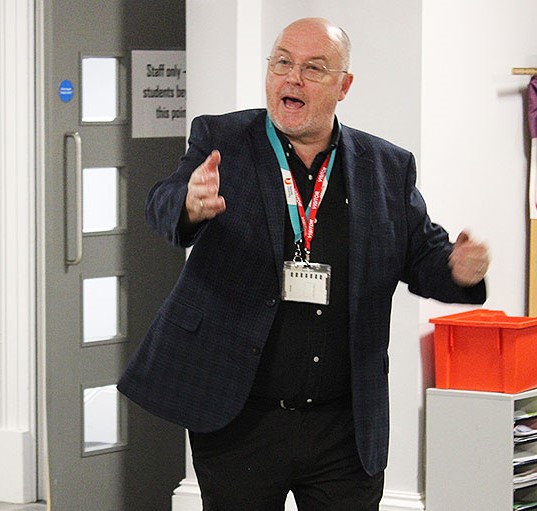 |
Peter is a physicist who spent four years working for ICI on Teesside, first in polymer research and then in manufacturing quality control. Currently the Course Leader for the Environmental Cluster, he is also delivering courses related to energy generation. |
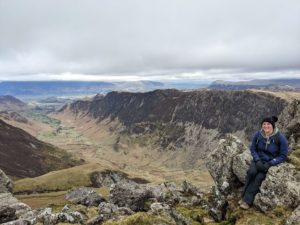 |
Amy is a senior lecturer in Biological Sciences. Her research interests include the welfare of managed animals, including those on commercial farms and in laboratory settings. |
 |
Kerry is a Lecturer in Biomedical sciences, with a background in the genetic analysis of complex human disease traits, and experience in bacterial DNA sequencing for infection control. Recent interests include analysing open-access global data made available by international organisations such as the UN, WHO and IEA, to assess national performance in aspects relating to health and climate. |
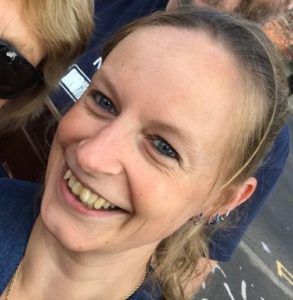 |
Becki is a lecturer in Forensic science. Provenancing of materials using pXRF, especially Glass. |
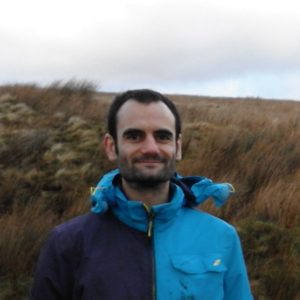 |
Dr Ernesto Saiz research interests are mainly about the biogeochemistry of nitrogen (N) and carbon (C). He focuses on biogeochemical processes in a variety of environments, such as the hyporheic zone of rivers, peatlands, forests and agricultural fields, among others. He has developed low-cost tools based on optodes (polymer membrane-based optical sensors) that can be used with simple computing devices (Raspberry Pi) for in-field monitoring of nutrients. He is developing electrochemical sensors that can be linked with microfluidic and wireless communication devices for long-term soil deployment. He joined Teesside University in July 2023 as a Lecturer in Environmental Science. |
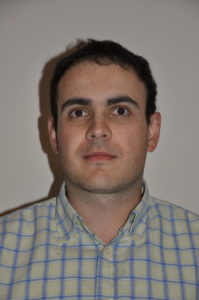 |
Pablo is a geochemist interested in studying the processes that take place at the crystal-solution interface. Within this subject, he’s particularly interested in the study of:
|
 |
Dr Oluseye Oludoye
Oluseye is a Lecturer in Environmental Science at Teesside University, UK, where he is dedicated to the trifecta of education, research, and administrative roles. His primary research interests revolve around pro-environmental behaviour, with a keen focus on effective waste management and promoting agricultural sustainability. Before joining Teesside University, he had the privilege of being a postdoctoral research fellow at Chulalongkorn University in Bangkok, Thailand. With over a decade of experience, he has worked across various sectors as an agri-environmental researcher, educator, and consultant. |
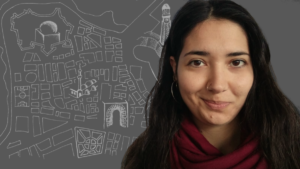 |
Dr Danai-Maria Kontou
Danai is a lecturer and a researcher in human geography, with special interests in Polar Geography, Cartography and Creative Methods. Danai graduated with a Geography B.Sc. from the University of the Aegean and later has been a full scholarship grantee for the Cartography MSc (T.U. Munich, T.U Vienna, T.U. Dresden, and University of Twente). For her master’s thesis, she developed innovative three-dimensional visuals in cylindrical form for the time and space illustration of the anomalies of ice and vegetation in the Arctic. Her thesis has been published in the Journal “Regional Studies Regional Science”. She continued her academic journey with a PhD in Durham University, fully funded under the Durham Arctic Research Centre for Training and Interdisciplinary Collaboration. For her PhD “Arctic Cartographic Uncertainties”, Danai experimented with creative methods and art-science practices. Her current research interests include spatiotemporal analysis of environmental phenomena, story-map-telling, art-based research, along with her great enthusiasm on polar geography, remote sensing, and data visualisation.
|
 |
Dr Mehnaz Rashid
Mehnaz is a lecturer in Environmental Management and Sustainability. Her research focuses on hydro-climatology, environmental management, hydrogeology, and geoinformatics. She earned her PhD at the National Geophysical Research Institute in India, where she used remote sensing and geophysics to estimate groundwater budgets in semiarid regions. Mehnaz later completed a Postdoctoral Fellowship at National Taiwan University, where she studied future water stress in South Asia and enhanced land surface models for groundwater simulations in West Africa. At Teesside, her research focuses on the terrestrial hydrological cycle and extreme events under global warming, with a focus on vulnerable regions. |

